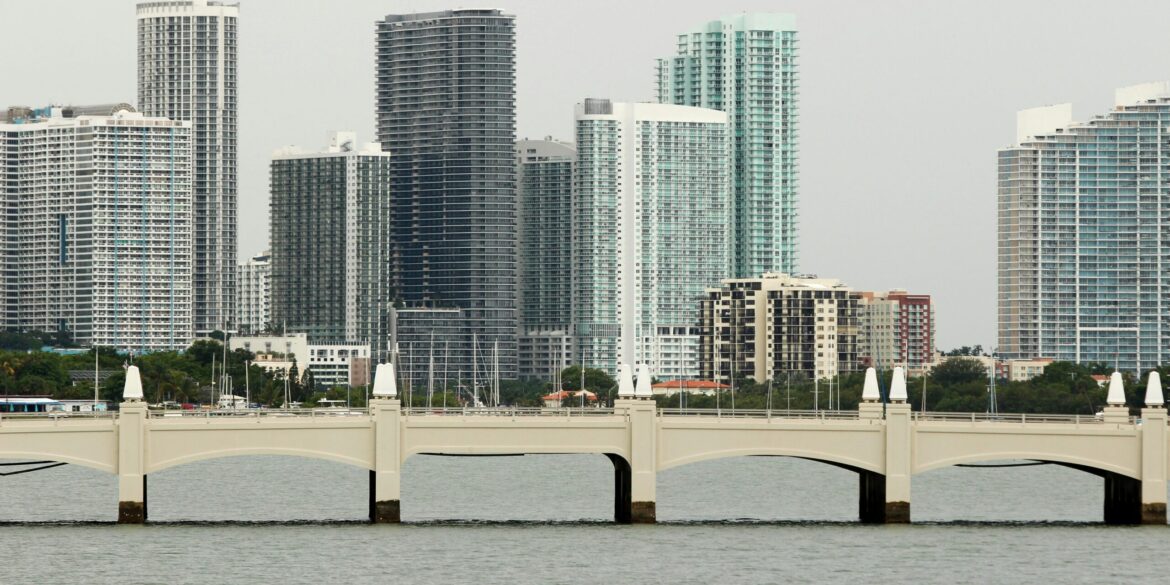In an unprecedented move aimed at improving accountability and preventing conflicts of interest, city officials in Miami are seriously considering transferring the investigation of local government officials to the Miami-Dade County Inspector General’s office. The proposal has emerged as a response to growing concerns about transparency within the city’s administration, especially regarding allegations of misconduct by city employees and elected officials.
The Need for Independent Oversight
Miami, like many large metropolitan areas, has faced its share of controversies involving local government officials and city employees. While the Miami-Dade County Inspector General (IG) already has jurisdiction over a wide range of government activities in the county, investigations into city employees and officials are typically handled by the City of Miami’s own internal investigative units. This structure has led to accusations of bias and conflicts of interest, especially in high-profile cases involving political figures or city employees with close ties to decision-makers.
The proposal to transfer investigative authority to the county level is seen by many as a step toward ensuring greater independence and impartiality in how misconduct cases are handled. By taking investigations out of the hands of city-controlled entities, critics believe it would reduce the risk of cover-ups or political interference in sensitive matters.
The Process of Transfer
If approved, the shift to county oversight would require significant changes to Miami’s governmental structure. The city’s existing investigative units would likely be merged or folded into the county’s broader law enforcement and oversight bodies. This would include changes to the way reports are filed, how investigations are conducted, and how the findings are communicated to the public.
One of the biggest challenges in making this transition is addressing legal and logistical concerns. Miami City Manager Arthur Noriega has acknowledged that the transfer would require careful planning and negotiation to ensure it complies with state and federal laws. Officials are currently seeking input from legal experts and government ethics organizations to determine the best path forward.
Local Reactions to the Proposal
The proposal has been met with mixed reactions from both residents and city officials. Supporters of the transfer argue that it would increase public trust in the government and help prevent future scandals. They believe that by taking the responsibility out of the hands of the city, the potential for favoritism or undue influence would be reduced.
Opponents, however, have expressed concern about the potential for increased bureaucracy and slower investigations. Some city employees are also worried about the loss of internal investigative bodies that are familiar with local nuances and specific city operations.
Looking Ahead
Ultimately, the decision to transfer investigations of city officials to county oversight could set a precedent for other cities across the United States. As local governments continue to face scrutiny over corruption and misconduct, the push for more independent oversight is likely to grow. The challenge will be balancing transparency and independence with the practical needs of local governments to maintain efficient operations.
If Miami goes forward with the proposal, it could serve as a model for other cities that are grappling with similar concerns about government accountability. The decision is expected to have wide-reaching implications not only for Miami but for cities nationwide as they seek to build more trust with the communities they serve.
Conclusion:
The potential shift in investigative responsibility from city-controlled units to the Miami-Dade County Inspector General marks a significant moment in the ongoing effort to strengthen transparency and prevent corruption. Whether the city will move forward with the proposal remains uncertain, but it signals a growing recognition that independent oversight is key to maintaining public confidence in government.

